Pakistan and Afghanistan’s Deadly Clash
Pakistan and Afghanistan engaged in deadly cross-border clashes. Leaving hundreds of people dead. Escalating tensions amid mutual accusations of aggression.
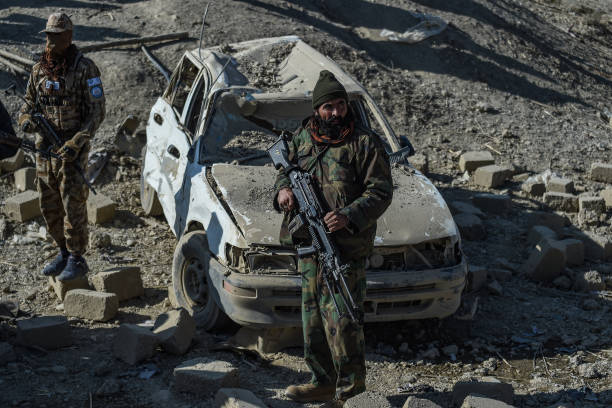 AFGHANISTAN-PAKISTAN-STRIKES via Getty Images
AFGHANISTAN-PAKISTAN-STRIKES via Getty ImagesPakistan’s military said on Sunday that it killed more than 200 Afghan fighters in fierce cross-border clashes. While Afghanistan’s Taliban government claimed to have killed 58 Pakistani soldiers. Marking one of the deadliest confrontations between the two neighbors in years.
Zabihullah Mujahid, spokesperson for the Taliban government, said 30 other Pakistani soldiers were wounded. And “significant amount” of Pakistani weapons had fallen into Afghan hands. He rejected Pakistan’s claims, saying nine Taliban soldiers were killed. While nearly a dozen others were injured during the fighting.

Pakistan’s military confirmed that 23 of its “brave sons” were killed and announced the closure of its border with Afghanistan. The clashes began after Thursday’s explosions in Afghanistan. Which Taliban blamed on Pakistan. Representing a sharp escalation in already strained relations.
Earlier on Sunday, Taliban forces claimed to have captured three Pakistani border posts. During retaliatory attacks along the frontier in Kunar and Helmand provinces. Afghan Defense Ministry spokesperson Enayatullah Khwarizmi said Taliban forces had carried out “successful retaliatory” operations against Pakistani soldiers. In response to Islamabad’s “repeated violations” and airstrikes on Afghan soil.
Meanwhile, Pakistani state media reported that its forces had seized 19 Afghan border posts. Security sources told Radio Pakistan that Afghan Taliban fighters at those locations were either killed or fled. According to the report, Pakistani forces also destroyed the Taliban’s Manojba camp battalion headquarters, Jandusar Post, Turkmenzai camp, and Kharchar Fort. Officials said Pakistani troops were “targeting the hideouts of armed groups near the border with great precision.”
As border tensions intensified, the sight of soldiers and journalists carrying heavy field gear underscored the harsh terrain and long deployments at the frontier. For those in such unpredictable conditions, reliable equipment becomes essential.
Like the 5.11 Tactical Backpack, Rush 72 2.0, designed for military and field operations with multiple compartments for carrying essentials. It’s built for those who like these troops, must stay prepared for long missions under pressure.
The ongoing hostilities have prompted calls for restraint from Iran, Qatar, and Saudi Arabia.
The violence came just days after explosions in Kabul and Paktika. Which Taliban blamed on Pakistan. While Islamabad did not claim responsibility. Defense Minister Khawaja Asif told parliament that “enough is enough”. Warning Kabul of consequences for continued assaults on Pakistani forces.
A Pakistani source told Reuters that one of the strikes targeted Tehreek-e-Taliban Pakistan (TTP) leader Noor Wali Mehsud in Kabul. Relations between Pakistan and Afghanistan have worsened. As Islamabad accuses Kabul of harboring TTP members and other armed groups responsible for attacks inside Pakistan.
The TTP, or Pakistani Taliban, formed in 2007. In response to Pakistan’s military operations in tribal border regions, supporting the U.S. invasion of Afghanistan. Since then, it has waged a deadly insurgency that continues to destabilize the region.
“This TTP issue has become a major sticking point in relations between the two countries,” said Imtiaz Gul. An Islamabad-based expert on Pakistani and Afghan armed groups. “The long-term consequences are worrying, as they will only deepen existing animosities.”
The Pakistan Institute for Conflict and Security Studies reported that August was the deadliest month of militant violence in more than a decade. With 194 people killed and over 200 injured in 143 attacks. Pakistan now ranks second on the Global Terrorism Inde. Which measures the impact of terrorist activity within countries. Tens of thousands have been displaced due to military operations against the TTP and other armed groups.
The border flare-up coincided with Afghan Foreign Minister Amir Khan Muttaqi’s visit to India. Signaling a potential shift in diplomatic alignments that could provoke Islamabad. Which sees New Delhi as a rival. Pakistan’s military expressed “concern” over the timing of the violence, accusing India of being the “biggest sponsor of terrorism in the region.” New Delhi has denied the charge. While the Taliban maintains that it does not allow its territory to be used against any nation.
Iranian Foreign Minister Abbas Araghchi called on both sides to exercise restraint, saying, “Stability between the countries contributes to regional stability.”
Saudi Arabia also urged calm, with its Foreign Ministry stating, “The kingdom calls for restraint. Avoiding escalation. Embracing dialogue and wisdom to reduce tensions. Maintain security and stability in the region.”
“The kingdom affirms its support for all regional and international efforts aimed at promoting peace and stability. Ensuring security. Achieving prosperity for the brotherly Pakistani and Afghan peoples,” the statement added.
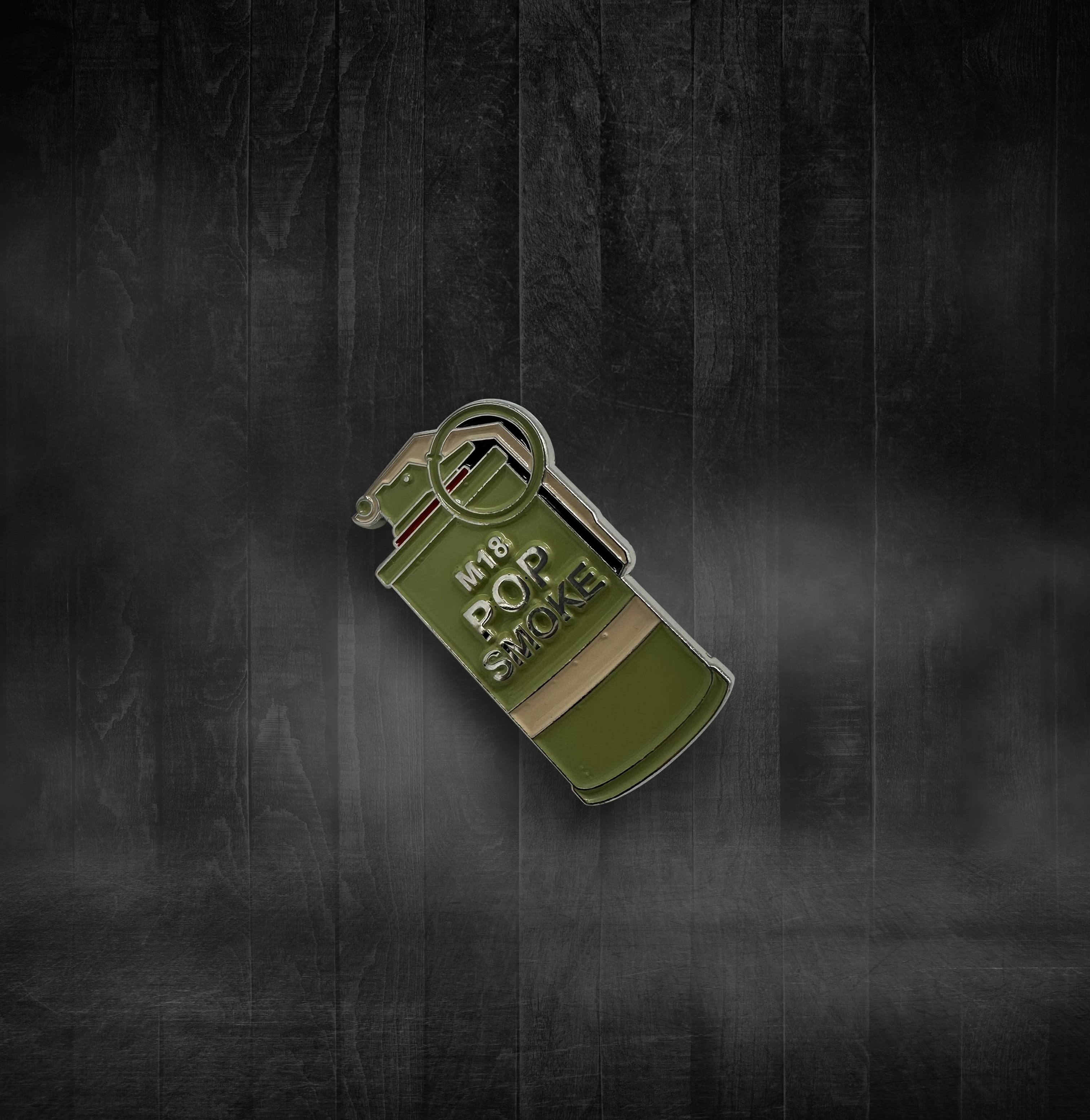


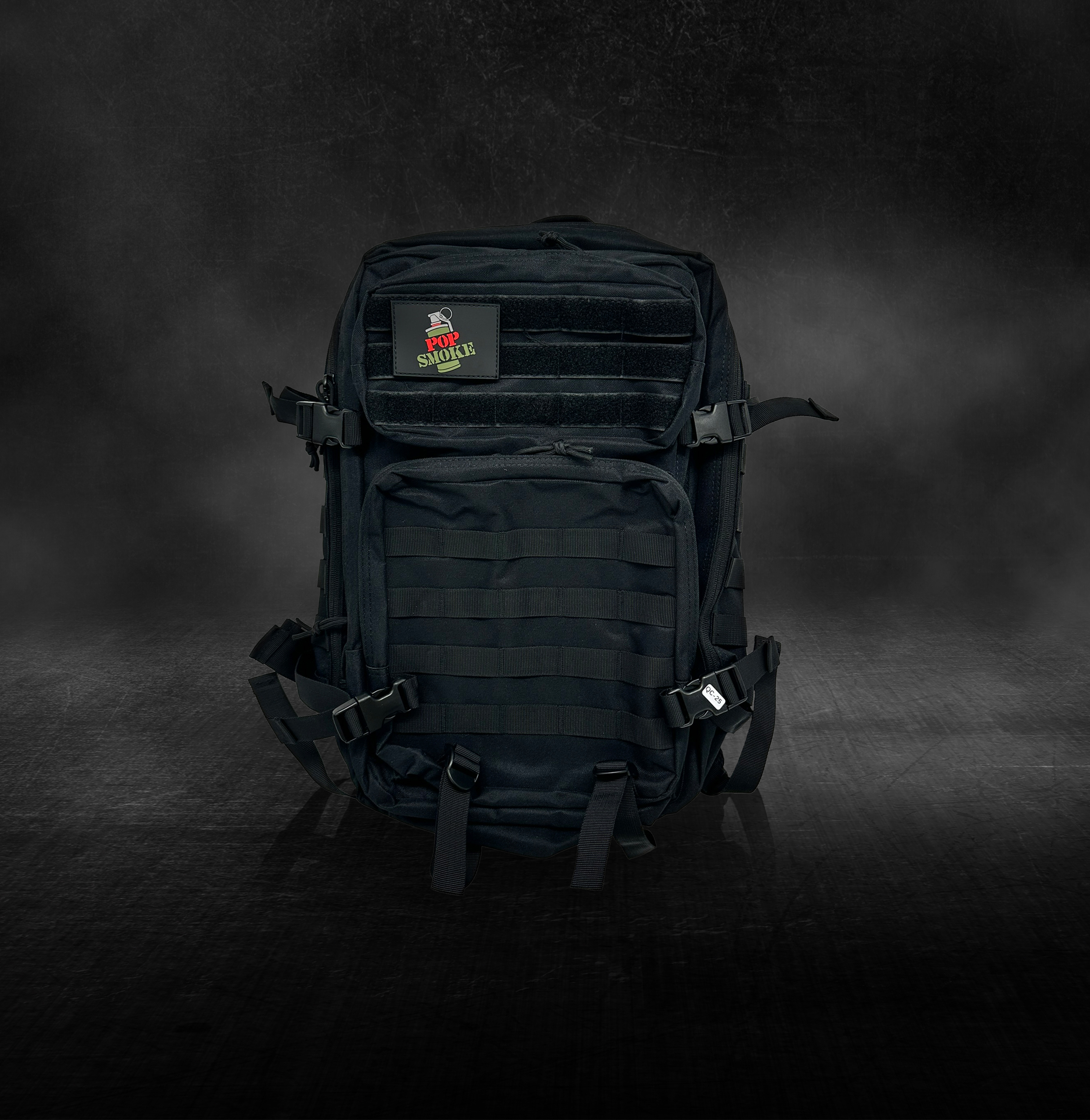
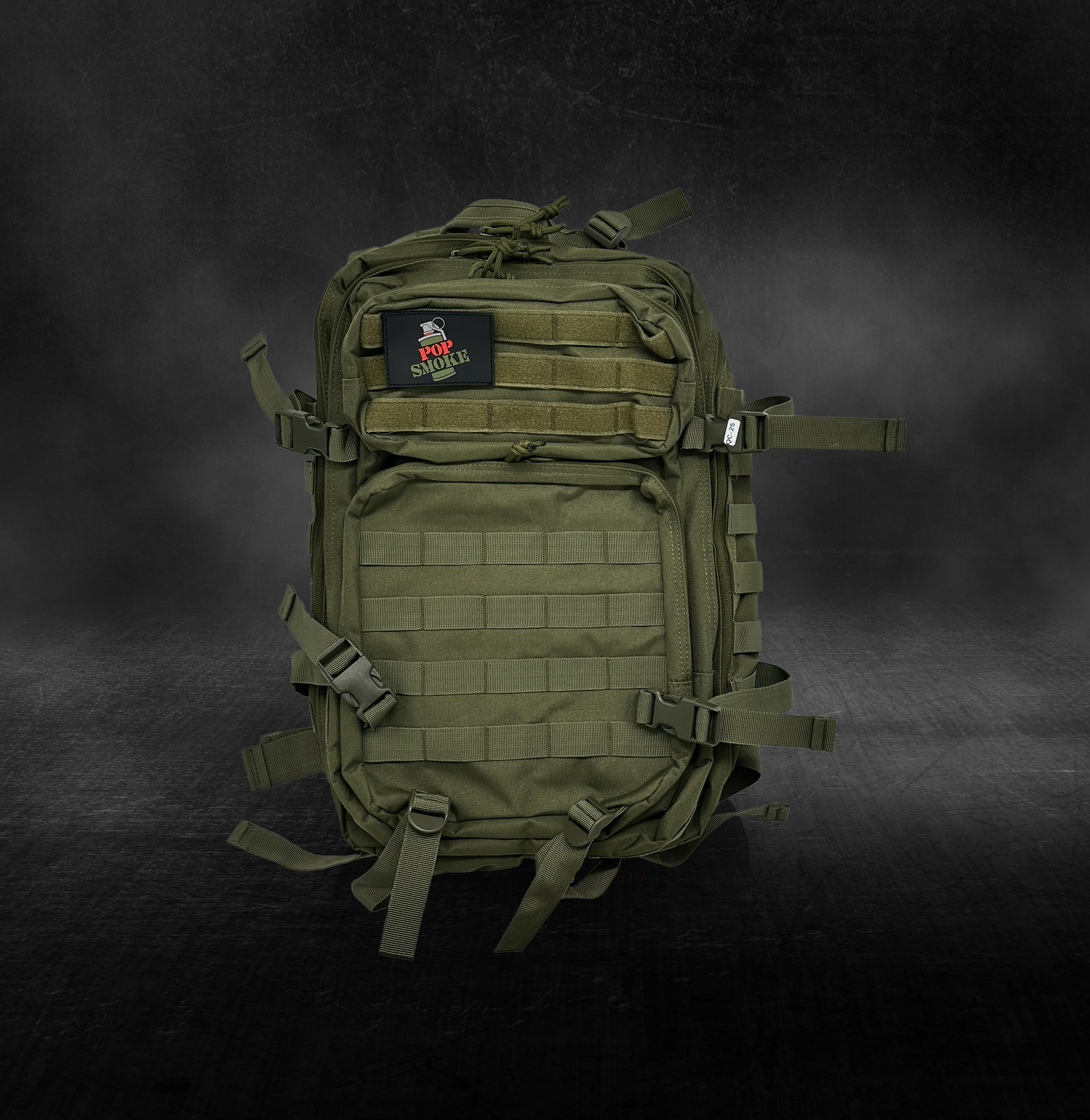
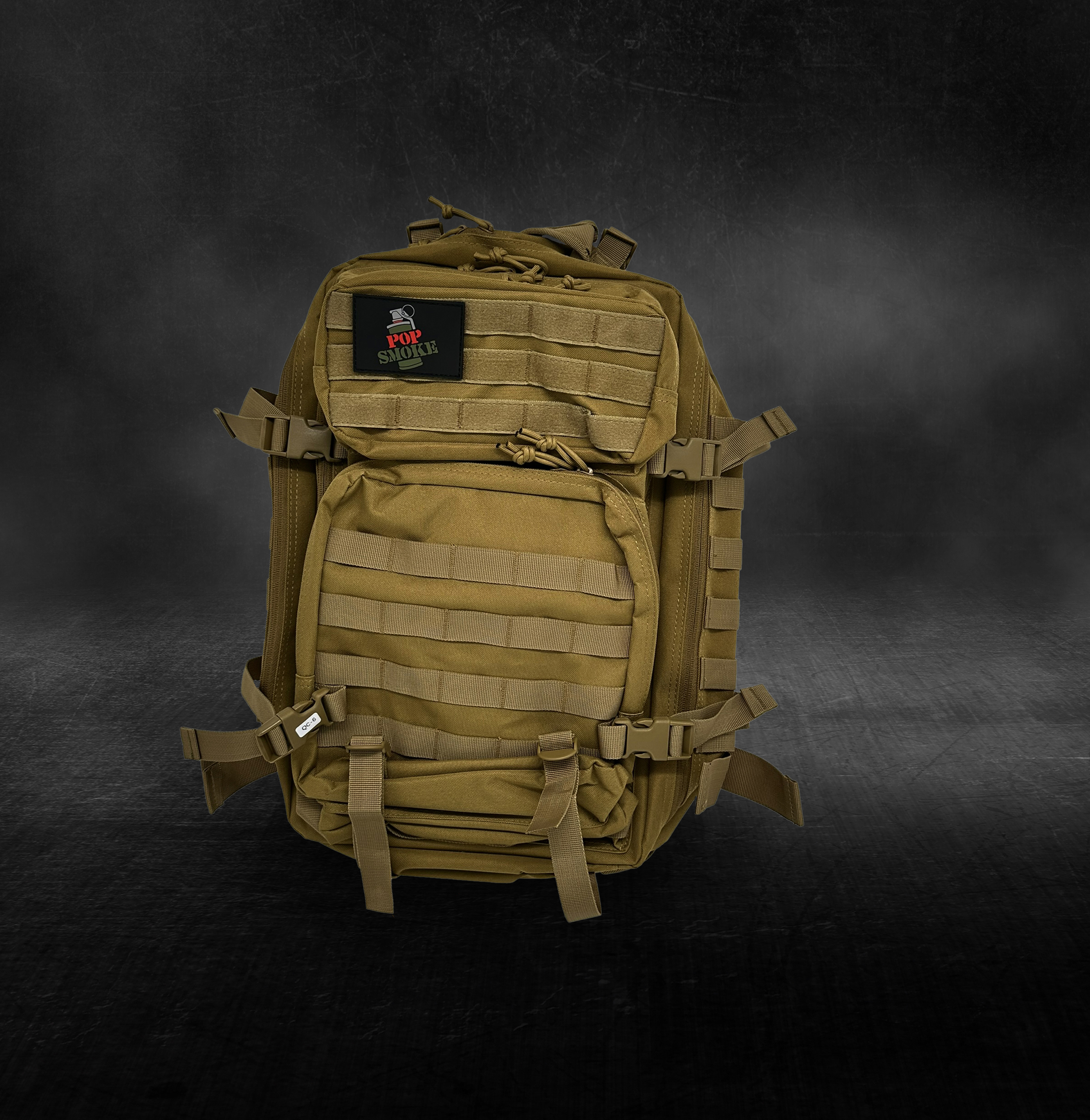


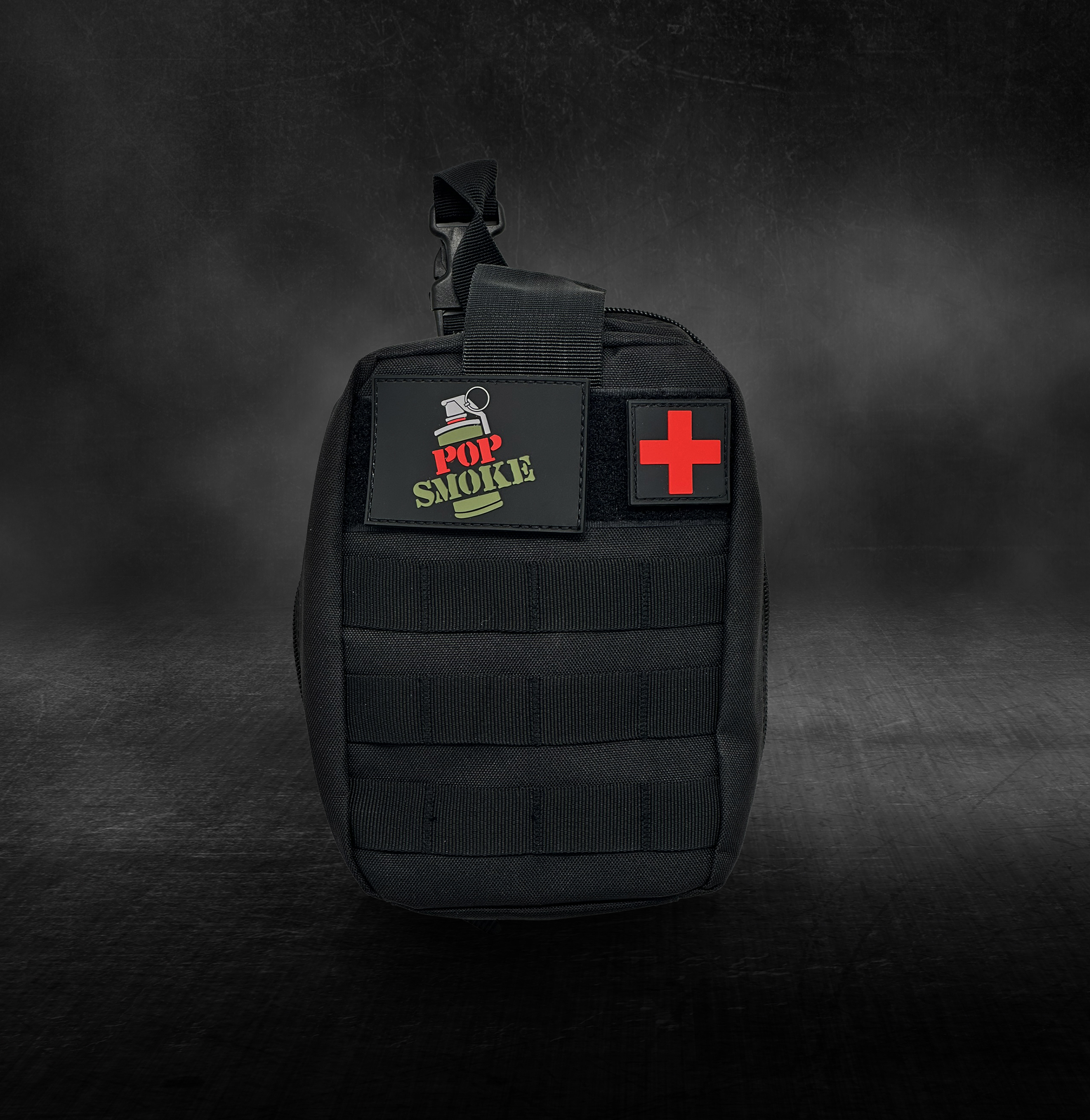



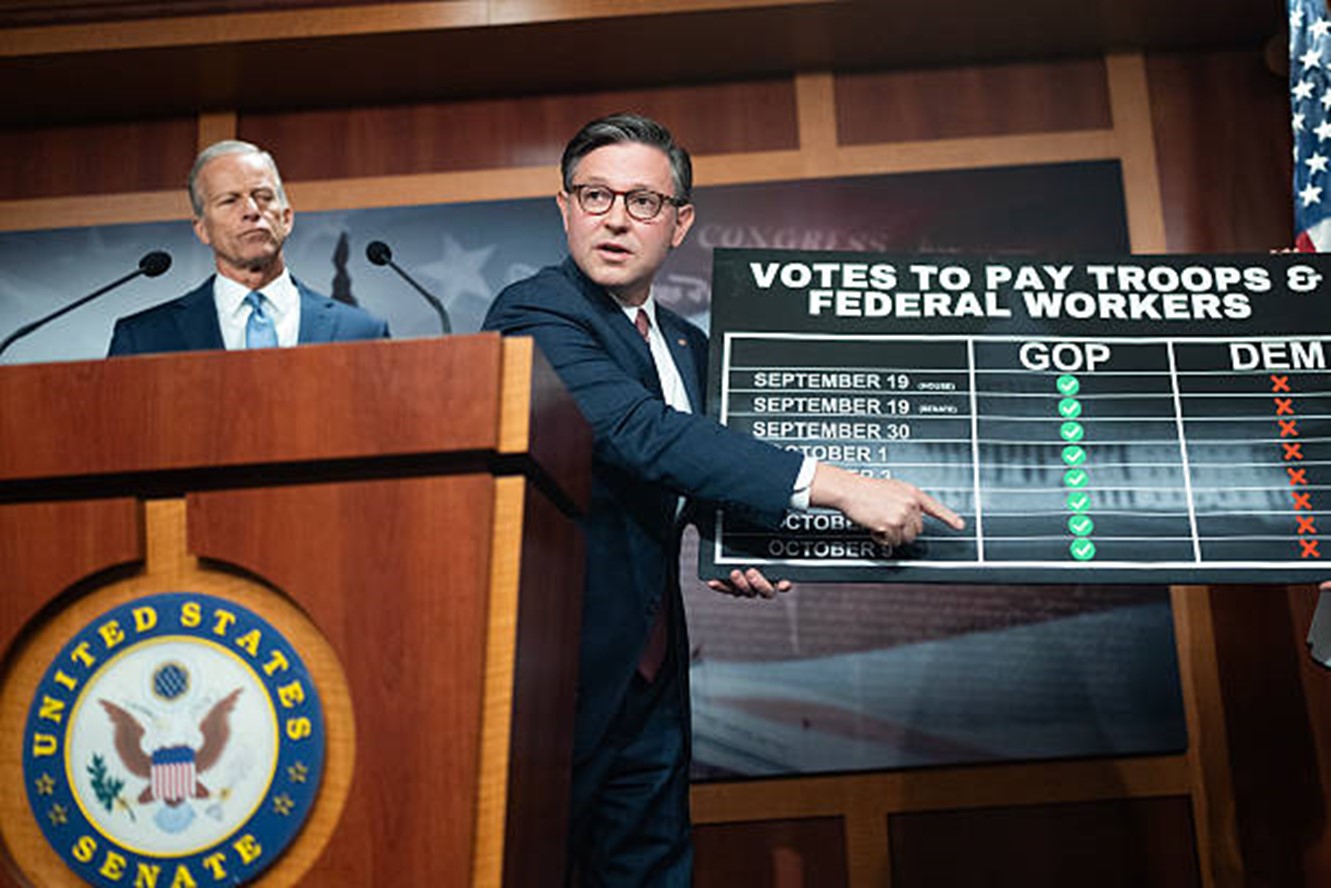
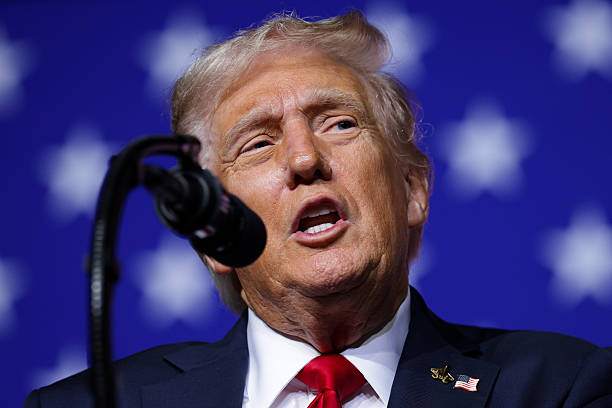
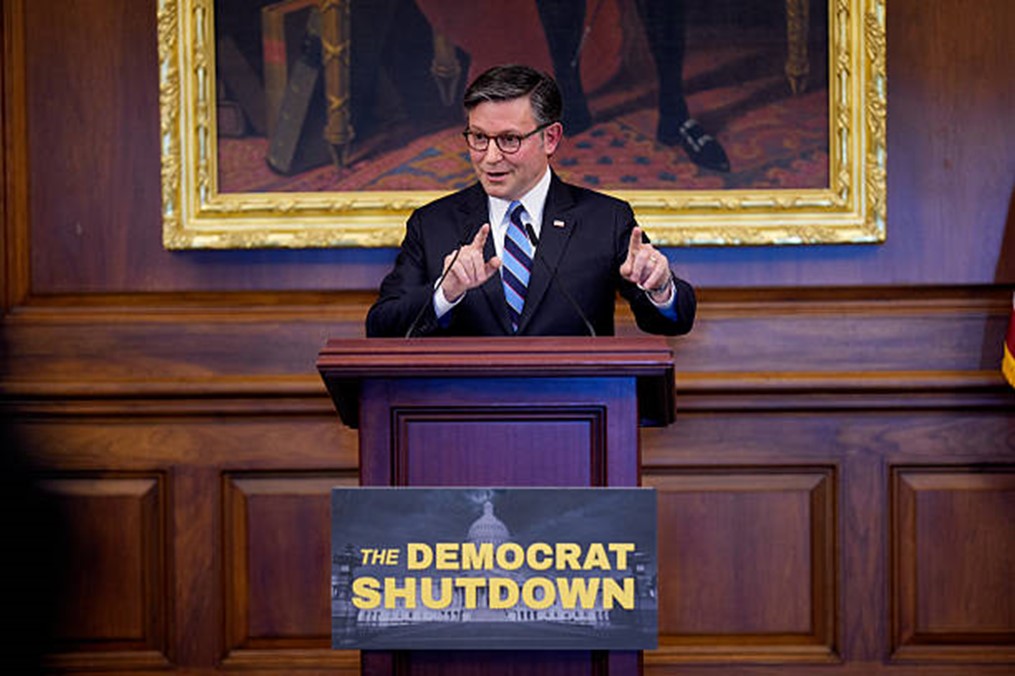
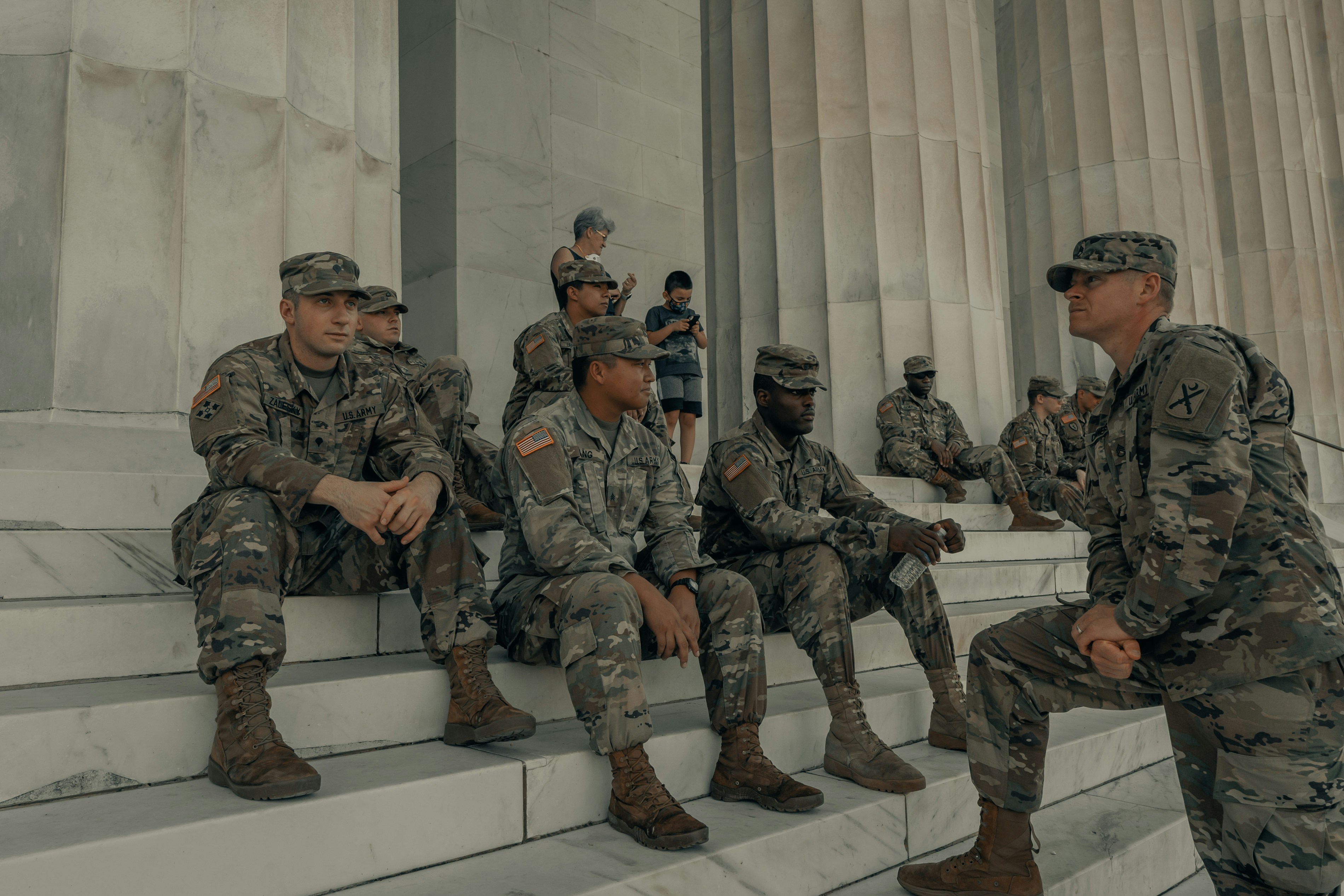
Conversation